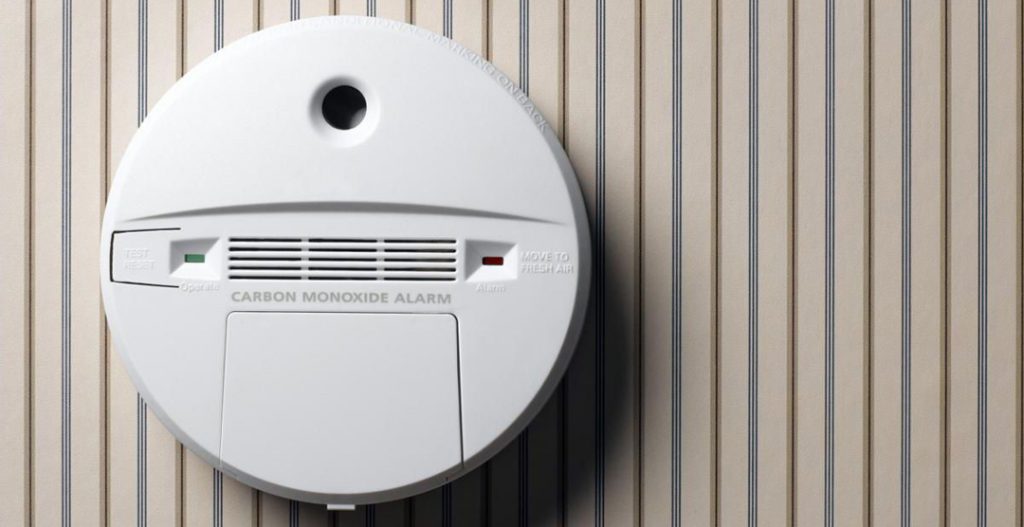
Smoke & Carbon Monoxide Detectors
Having a proper smoke detector allows for the notification through a loud alarm which then notifies homeowners that there may be a danger. Some of these instances might simply occur due to normal routines such as cooking in the kitchen, but studies suggest that having a working fire alarm that is properly installed, tested, and maintained increases your chance of safely exiting your home in the case that there is a fire.
When a CO leak occurs, the release of a tasteless and odorless poisonous gas gets released into the air and evenly distributed throughout the home. Unlike smoke, which rises, many people are not safe if they remain low to the ground during an event, and depending on the level found in the air, this could be fatal to anyone that remains in the home after a leak is present. Ensuring that you have a working carbon monoxide detector decreases the chance of carbon monoxide poisoning and death.
FAQ
Smoke detectors do not operate from the detection of heat as a heat detector, smoke detectors will only activate in the presence of smoke. There are 2 ways that they achieve this goal. The first method is to detect the presence of smoke which is called ionization detection. The chamber’s ionization radiation is interrupted in the presence of smoke and sounds the alarm. The second method is photoelectric detection where a laser is interrupted by the smoke and then sounds the alarm.
When your smoke detector keeps beeping it usually means that the battery requires replacing. Sometimes when a smoke detector is hard wired to the power it will also beep constantly after the battery has been changed. Resetting the device should clear the error and stop the beeping.












